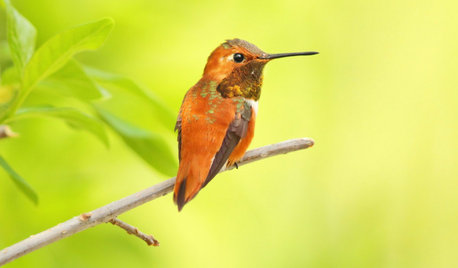praying mantis, nematodes
palulukon
20 years ago
Featured Answer
Sort by:Oldest
Comments (14)
palulukon
20 years agoRelated Professionals
Bellflower Landscape Architects & Landscape Designers · Birmingham Landscape Architects & Landscape Designers · Essex Landscape Architects & Landscape Designers · Norwood Landscape Contractors · Berkley Landscape Contractors · El Sobrante Landscape Contractors · Fort Mill Landscape Contractors · Fort Mill Landscape Contractors · Gloucester Landscape Contractors · Oak Harbor Landscape Contractors · Plainview Landscape Contractors · Vermilion Landscape Contractors · Winchester Landscape Contractors · Reisterstown Landscape Contractors · Rockwall Swimming Pool Builderspalulukon
20 years agoMikeR_
20 years agoccox
20 years agoBug_Girl_MI
20 years agopalulukon
20 years agomarkeyd123
20 years agopalulukon
20 years agopalulukon
19 years agothe_alpha_wolf_rules
19 years agoscratch
19 years agoCaliforniaGardening
19 years agopalulukon
19 years ago
Related Stories

GARDENING AND LANDSCAPINGBid Bad Garden Bugs Goodbye and Usher In the Good
Give ants their marching orders and send mosquitoes moseying, while creating a garden that draws pollinators and helpful eaters
Full Story
GARDENING FOR BUTTERFLIESBe a Butterfly Savior — Garden for the Monarchs
Keep hope, beauty and kindness alive in the landscape by providing a refuge for these threatened enchanters
Full Story
CHRISTMASReal vs. Fake: How to Choose the Right Christmas Tree
Pitting flexibility and ease against cost and the environment can leave anyone flummoxed. This Christmas tree breakdown can help
Full Story
GARDENING GUIDESBackyard Birds: Invite Entertaining Hummingbirds Into Your Garden
Hummingbirds — unique to the Americas — zip through open landscapes seasonally or year-round. Here’s how to attract them
Full Story
GARDENING GUIDESHow to Keep Your Citrus Trees Well Fed and Healthy
Ripe for some citrus fertilizer know-how? This mini guide will help your lemon, orange and grapefruit trees flourish
Full Story
GARDENING GUIDES3 Ideas From the Evolving Garden
Life isn't predictable and neither is nature — and that's perfectly wonderful
Full Story
GARDENING GUIDESThe Surprising Ingredients Every Good Garden Should Have
See what to do — and not do — for lasting rewards in your landscape
Full Story
LIFESimple Pleasures: 25 Ways to Make the Most of a Staycation
Give the daily grind the day off by hiding your work stuff, treating yourself and enjoying the outdoors
Full Story
DOORS10 Ways to Work Screen Doors, Inside and Out
Take this functional feature up a notch with one of the many alternative door styles available
Full Story
HOUSEPLANTS8 Houseplants You Can't Kill
They're forgiving and let you forget. Houseplants don't get any easier than this
Full StoryMore Discussions







bungalow_mikee